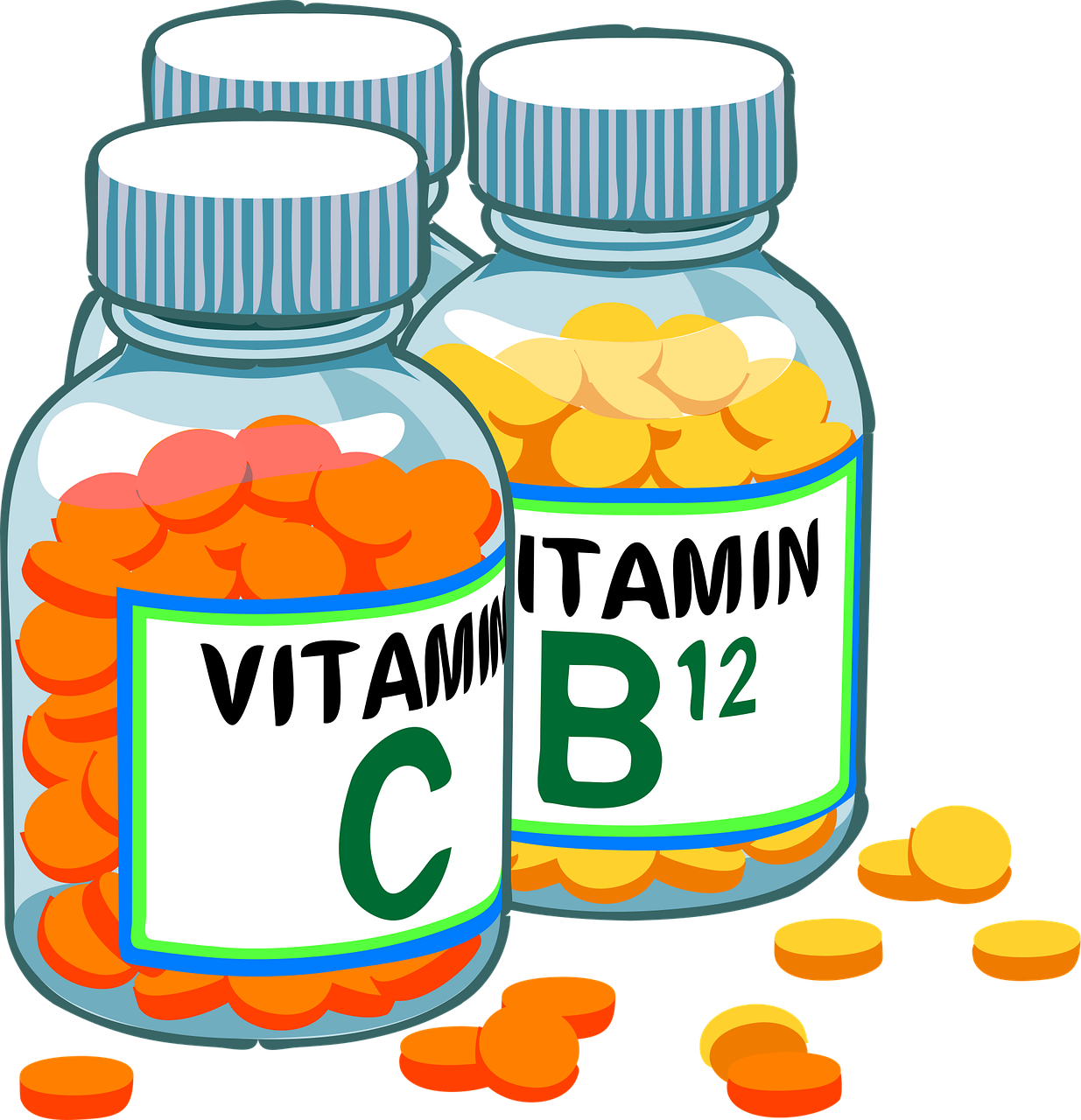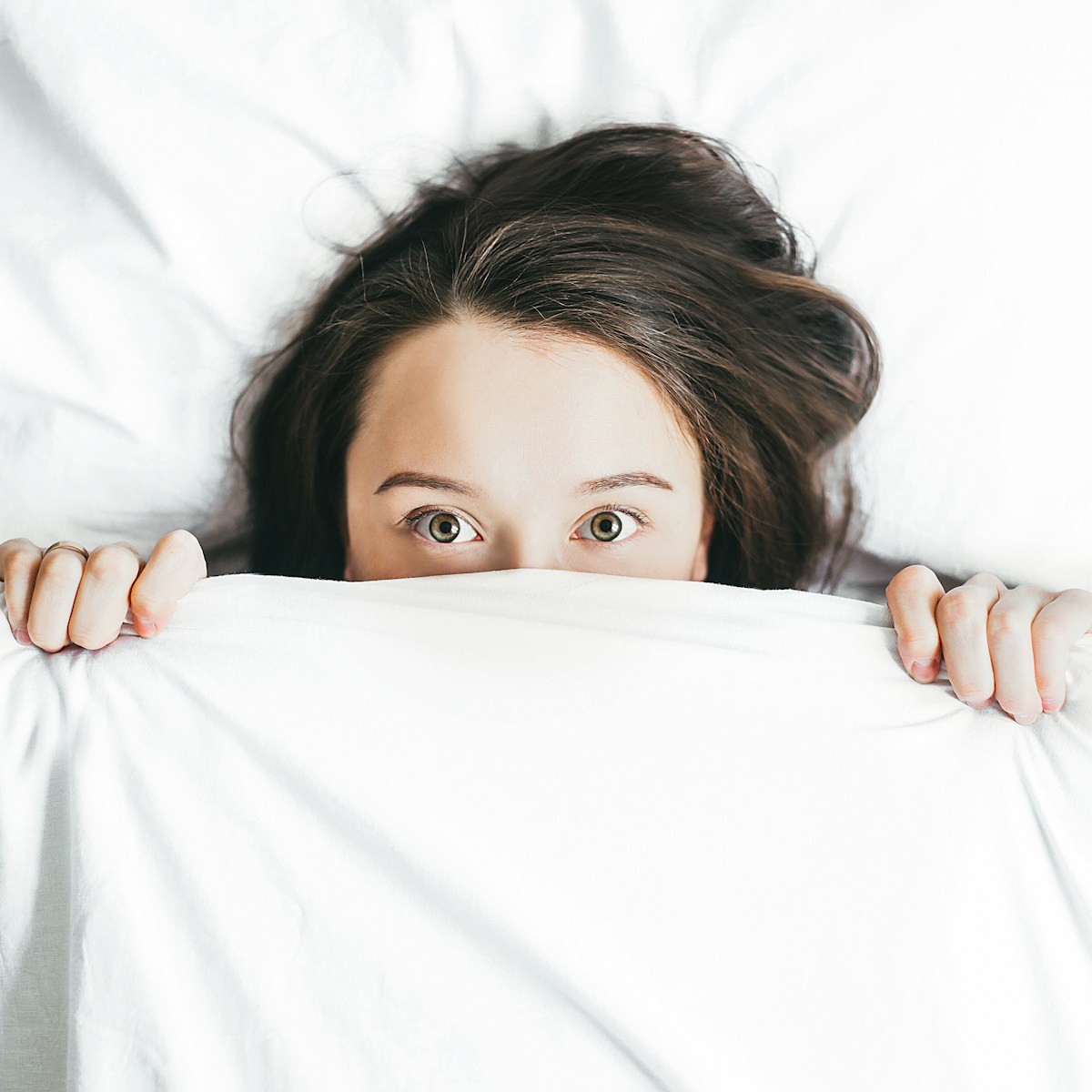This article was analyzed by Serge, MSc. Leveraging expertise in Biochemistry and Chemical Quality Control, I share insights and recommendations backed by research and clinical evidence to ensure you find safe and effective supplement solutions.

Sleep disturbances are one of the most common complaints among adults today, and a growing body of research suggests the problem might start on your plate.
A recent study published on July 1, 2025, in the journal Frontiers in Psychology offers new insight into how certain foodsparticularly dairy and sweets may affect not only sleep quality but also the content of your dreams, including nightmares.
Researchers surveyed over 1,000 college students to better understand whether specific food groups might be helping or hurting their sleep.
A significant percentage of participants reported that certain eating habits had a direct impact on their sleep experience.
Could your nightly scoop of ice cream or late-night cheese snack be the reason you’re waking up unrested or worse, rattled from a bad dream? The evidence is suggestive, and in this post, we break it all down.
A- What the Study Found: Food, Sleep, and Nightmares.
The research gathered data from 1,082 college-aged participants who completed online surveys between January and April 2023. These individuals were asked about their experiences with more than a dozen food categories and how those foods impacted their sleep and dreaming.
40.2% of participants said their eating habits impacted sleep.
25% reported that at least one food group worsened sleep.
20% said some foods improved it.
Desserts and sweets, spicy foods, and dairy were most commonly cited for worsening sleep.
Fruits, vegetables, and herbal teas were linked with better sleep.
While most participants focused on sleep quality and duration, 5.5% reported a connection between food and their dreams, especially nightmares. Of these:
31% blamed desserts and sweets for their disturbing dreams.
22% identified dairy product as a likely cause.
These numbers don’t prove causation, but they raise a compelling question: can your food choices trigger more intense or unpleasant dreams?

B- The Dairy Dilemma: Is Cheese Fueling Your Nightmares?
The idea that dairy disrupts sleep or causes nightmares isn’t new. It has long existed in folklore think of the classic warning that eating cheese before bed can bring on bad dreams. This study lends some scientific weight to that notion, offering a physiological explanation rooted in digestion.
According to the researchers, the link between dairy and disturbing dreams may be caused by gastrointestinal discomfort, particularly among those who are lactose intolerant.
Symptoms like bloating, cramping, or gas can cause sleep disruptions, which in turn may lead to more vivid or emotionally intense dreams. Essentially, the body’s discomfort might manifest in the mind as unsettling dreams or frequent nighttime awakenings.
The study’s authors noted:
> “This analysis supports the notion that specific food-induced symptoms such as bloating, cramping or excess gas arising during sleep have a negative impact on dreaming.”
C- Bias and Limitations: Who Was Surveyed and Why It Matters.
It’s important to recognize the context of the research. All participants were college students enrolled in psychology courses. This may introduce a bias, as these students could already have some knowledge or awareness of how sleep works, potentially influencing how they interpreted or reported their experiences.
Additionally, since the data is self-reported, there’s always room for subjectivity and inaccuracy. People may associate certain foods with poor sleep simply because they expect them to, not because there’s a clear biological cause.
Still, the consistency of reports around specific food groups—particularly sweets and dairy—suggests a pattern worth investigating further.

D- Want to Improve Your Sleep? Explore Common Issues, Causes, and Natural Remedies.
Sleep is influenced by far more than diet alone. Factors like stress, screen exposure, hormonal imbalance, and even mental health conditions can significantly disrupt sleep patterns. If you’ve tried adjusting your diet with little improvement, the root cause might be deeper.
That’s why we’ve created a comprehensive guide that explores:
-The most common sleep disorders and their symptoms.
-The impact of stress, cortisol, and anxiety on sleep.
– Science-backed supplements like melatonin, magnesium, valerian root, and L-theanine.
– Lifestyle adjustments to reset your circadian rhythm naturally.
Read the full guide on sleep supplements, causes, and solutions here.












